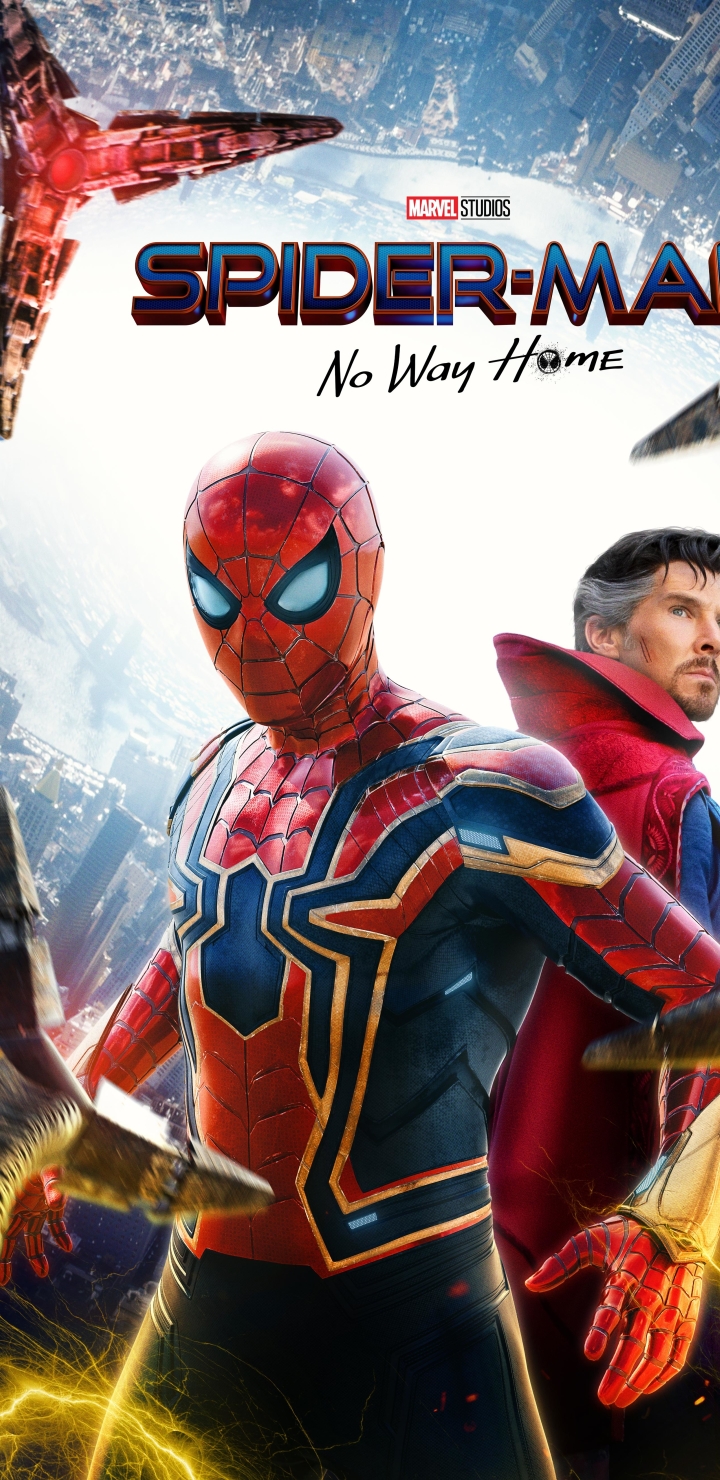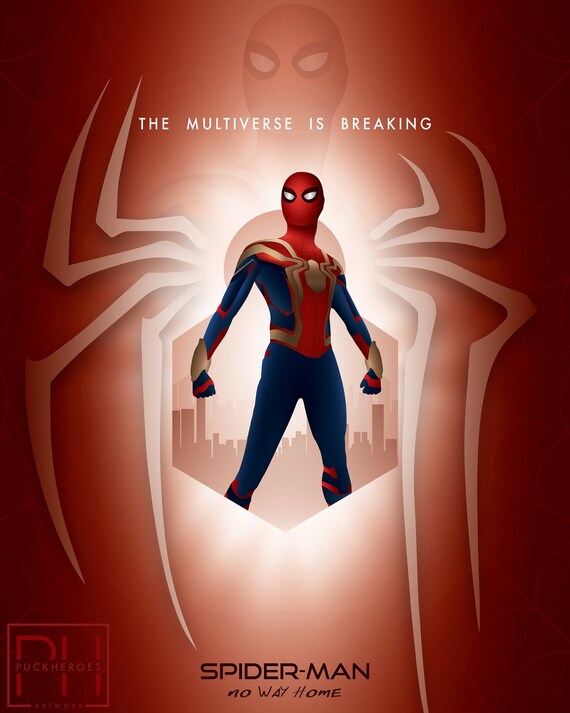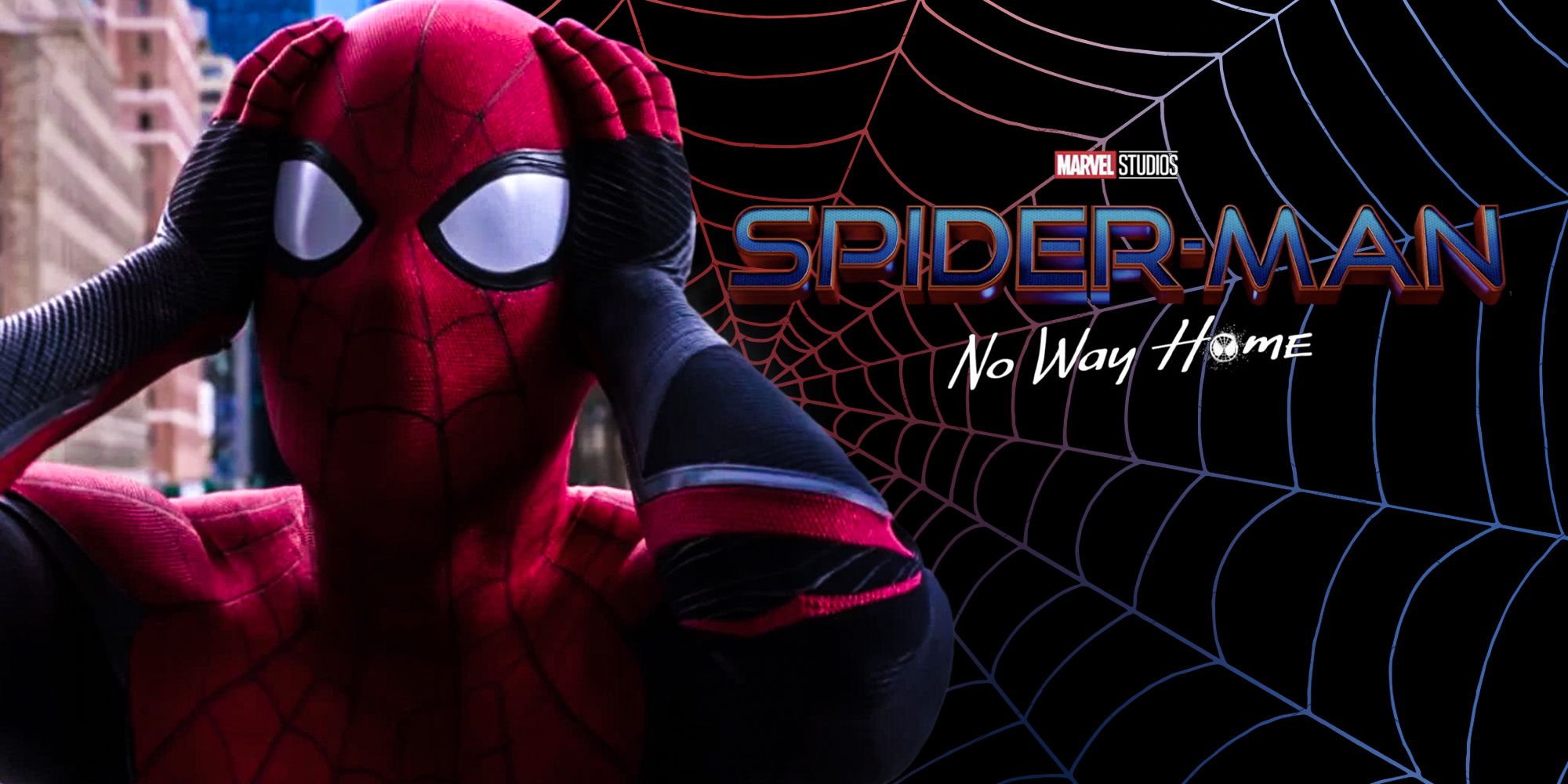


Once again, it's important to emphasize that we're making some pretty big assumptions about how Canon Events work with this theory.

However, this reading of "No Way Home's" ending full-on suggests that Spider-Man 2099's theory on Canon Events is either way off-base, or he's knowingly misleading his counterparts. There are some small elements of his theory about Canon Events that stick out as rather odd, such as how Miles must adhere to these moments despite being an anomaly that was never supposed to be Spider-Man or how Earth-42 is intact despite its would-be Spidey having never existed. "Across the Spider-Verse" already makes Miguel out to be a bit of a shady character with a rather nebulous backstory about deviating from the timeline.

Whatever the case, Spider-Man 2099 clearly isn't happy about what MCU Spidey did, seeing how he mentions as much early on in "Across the Spider-Verse." If their deaths were taken as Canon Events, then per Miguel's explanation, the fabric of their worlds would likely crumble from their survival. "No Way Home" suggests that these villains get a happy ending through Spider-Man's multiverse interference, but there's no denying that their survival disrupts the canon of their original universes in a major way. Nonetheless, by the ending of "No Way Home," Holland's Peter is successfully able to cure the villains and save them from their deaths before sending them back to their home worlds. After all, that's exactly what audiences saw play out in those original movies, and Doctor Strange (Benedict Cumberbatch) is pretty adamant about the importance of not changing that outcome. In the movie, it's established that Green Goblin (Willem Defoe), Doctor Octopus (Alfred Molina), Electro (Jamie Foxx), and the rest of the baddies that fell into the MCU from the multiverse are fated to die fighting Spider-Man in their respective universes.


 0 kommentar(er)
0 kommentar(er)
